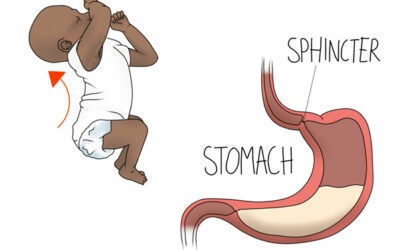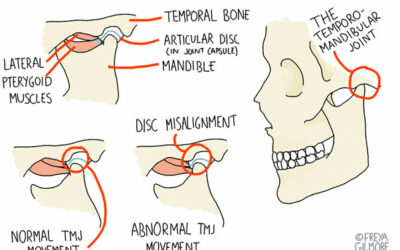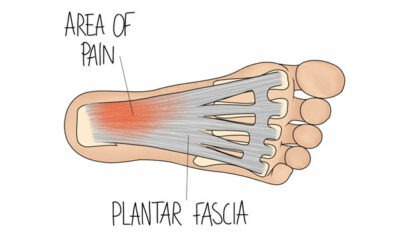
“Everybody’s experience with depression will be different and each episode can vary in severity.”
This month the World Health Organisation (WHO) dedicated World Health Day to depression. Depression is a common illness, with more than 300 million people living with the condition worldwide. The WHO states it’s the leading cause of ill health and disability globally (WHO, 2017).
Everybody’s experience with depression will be different. There are many symptoms; such as sadness, loss of interest, feelings of guilt, disturbed sleep, poor concentration, and each episode can vary in severity.
Here at the Good Health Centre, we meet many patients who are struggling with depression. Usually, the patient will come to us with a physical condition, but our practitioners always look at the person as a whole. We have a duty to our patients to find all the factors involved in the problem; only then can we establish a treatment plan individually tailored to the patient.
Osteopathy and depression
Whilst osteopaths do not treat depression, we do treat people with depression.
Pain and depression can unfortunately create a vicious cycle:
A chronic physical problem can both cause and exacerbate depression. Patients with chronic pain will often express signs of depression due to the duration of the issue, and the hopelessness they are subsequently feeling. If the osteopath is able to alleviate some of the symptoms, in particular pain, this in turn can have a profound effect on the emotional state of the patient.
There are also instances where the consequences of depression can worsen a physical symptom. A good example would be a patient with back pain. After a consultation, the practitioner establishes that the patient is actually feeling quite low and depressed; because of this, he is sitting in a slumped position at his desk at work, resulting in the back pain he is presenting with.
How can we help?
- Our osteopaths can teach you postural and breathing exercises.
- We can help with some typical emotional postures.
- Cranial osteopathy may increase your energy levels, improve your ability to relax, benefit your general health and well-being, and improve your sleep.
- A consultation with an osteopath can be a chance to off-load confidentially. It’s time to talk, and may be used as a therapeutic tool. Osteopaths work closely with both councillors and psychologists.
Acupuncture and depression
Our acupuncturist Robert Maida sees patients suffering from depression.
Acupuncture may help in a number ways:
- It can release endorphins both locally, and in the central nervous system, which may have a calming effect, thereby, reducing stress levels.
- It can affect hormone levels, which have been associated with mood.
- It aims to harmonise the body’s energy. Often, Robert may suggest a combination of acupuncture and reiki.
Robert may also discuss any dietary imbalances and general lifestyle choices, which could be having an effect on a patient’s mood.
As with osteopathy, the acupuncturist will look at a patient holistically, seeking out the best angle to address the problem.



0 Comments